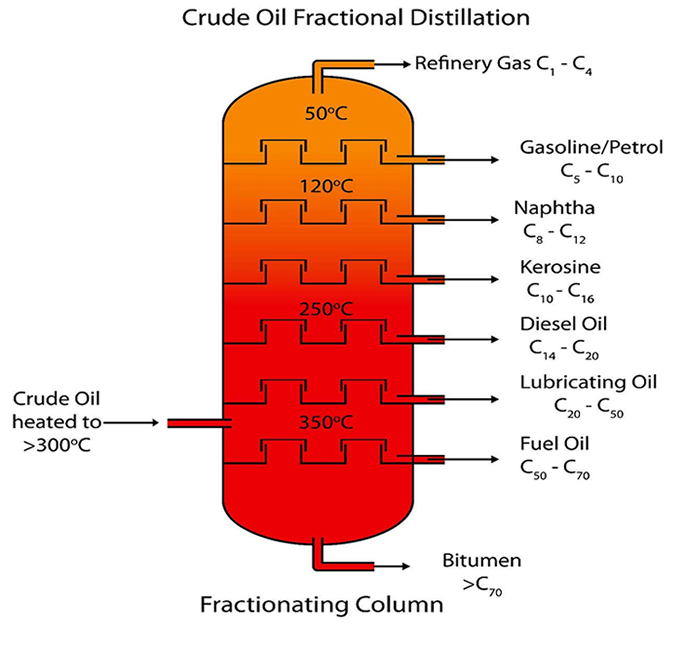First of all, recycling waste engine oil can reduce unnecessary expenses and increase the cost of economic recovery. A lot of waste engine oil can be refined so that it can become a new type of base oil, effectively ensuring the overall comprehensive benefits, which is also very important.
Secondly, the recycling of waste engine oil can further enhance the environment. We can imagine that if all these waste engine oils flow into lakes or rivers, the impact on the environment is very huge. Secondly, in some necessary scenic spots, it will bring very serious impact, so from this point of view, we should take an active and effective way to deal with the recovery of waste oil, so as to truly solve the risks brought by waste oil. For us, living in a pleasant environment is also a very happy thing for ourselves. And these need to put a series of environmental protection work in place, in order to thoroughly solve such a problem.
The recycling of waste engine oil can also solve these problems to some extent, and give us a green and peaceful living space.
So, from now on, bring a more respecting experience to our life. Waste engine oil recovery is also a landmark project, work in the present, benefit in the future.
Development history of waste engine oil industry
As early as the 1940s and 1950s, countries such as Italy have paid attention to the problems caused by waste oil, and formulated relevant policies and regulations to regulate, encourage and improve the recovery of waste oil.
In the 1990s, the United States established a waste oil recycling plant with a capacity of 300,000 tons/year. The network construction is relatively complete. The United States government has regulated the waste engine oil recycling market through the establishment of industry standard policies, and has restricted the diesel market by raising the standard of regenerative fuels, thereby further promoting the survival environment of recycled lubricants.
Germany and Italy are countries with better development of the European waste oil recycling industry. In 1968, Germany passed the “German Federal Waste Oil Law”. On the one hand, it stipulated that waste oil is a poison and prohibits abandonment. On the other hand, it establishes a waste oil fund, which is dedicated to subsidizing the waste oil recycling industry and incineration waste company. At the same time, the government also stipulates that users who produce waste oil will surrender the waste oil free of charge, and the recycler will be responsible for transporting the waste oil free of charge. Perfect policies and government subsidies are the main driving forces for Germany and Italy to promote the healthy development of waste oil recycling. It can be seen that the government’s relevant policies, industry norms and market cooperation are prerequisites for obtaining a virtuous cycle of waste oil recycling.
Domestic and foreign research on waste engine oil regeneration treatment technology has been for decades. Due to the different formulations, the chemical composition of the base oil and additives is different, and the used waste enmgine oil also contains metamorphic components. Therefore, the components in the waste engine oil are complicated and the processing requirements are more complicated. The traditional waste lubricating oil recovery technology is a distillation sulfuric acid-white clay refining process, and the biggest disadvantage is that the waste generated in the process is easy to pollute the environment. The State Environmental Protection Administration has clearly stipulated in the “Technical Policy for the Prevention and Control of Hazardous Waste Pollution” that it is prohibited to continue to use the sulfuric acid-white clay method to regenerate waste mineral oil. It also encourages the use of acid-free waste engine oil regeneration technology, using new oil-water separation facilities or active enzymes to recycle waste engine oil. Among the new waste lubricating oil recovery technologies, representative technologies include acid clay purification, distillation-solvent purification, white clay purification type, distillation-solvent purification, hydrorefining type, De-metal fixed bed hydrofining type and distillation hydrotreating type and so on. China’s major scientific research institutes have also carried out research on waste lubricating oil regeneration technology. We are now mature in technology and have stable operation. Welcome you to visit and learn. The recovery rate of waste oil can reach more than 85%. The prospect of the project is very good and very meaningful.

